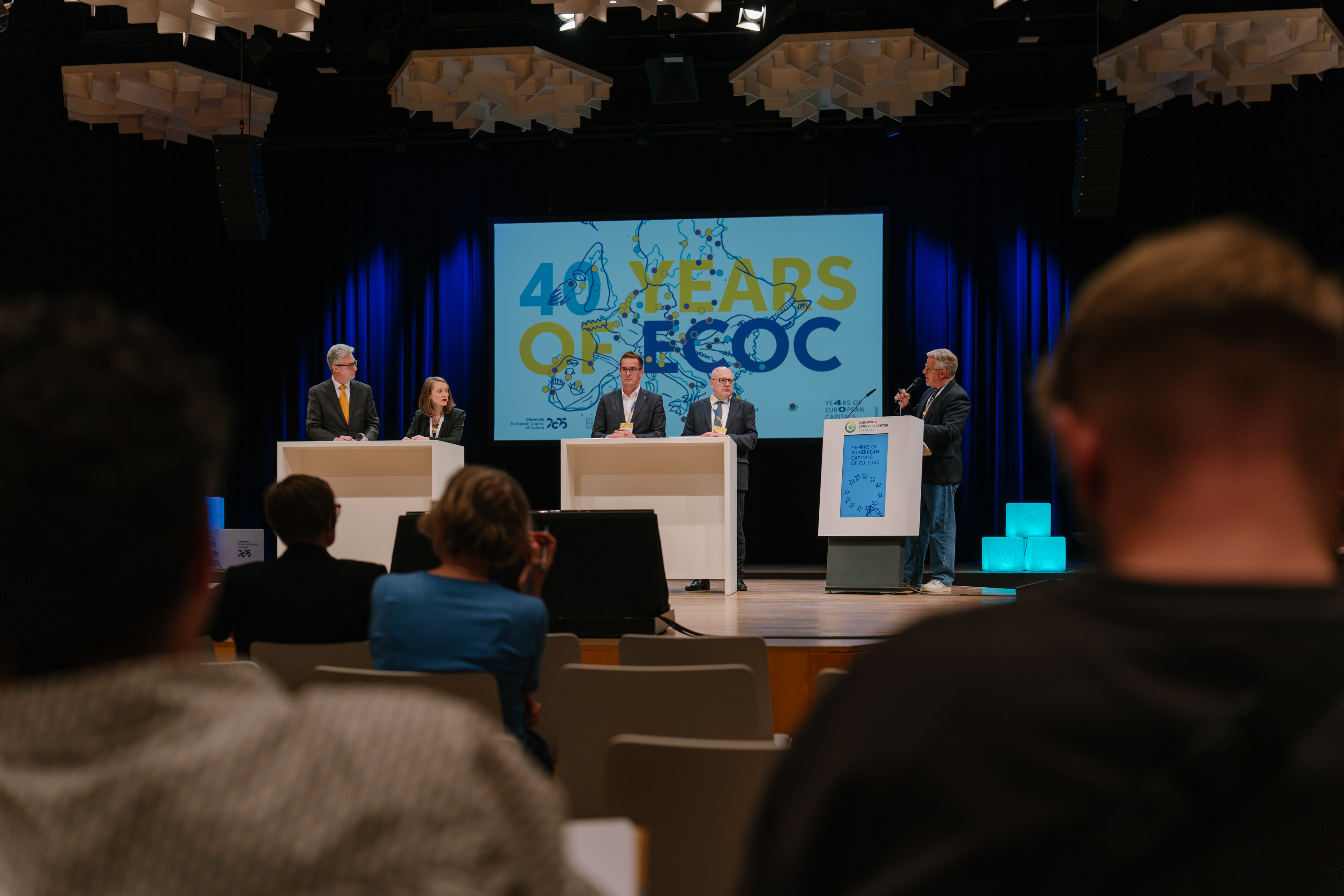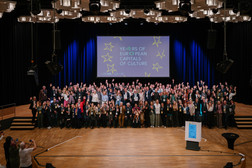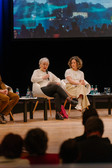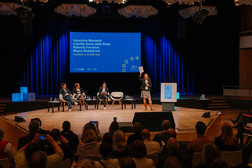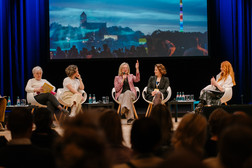The white paper "40 recommendations from 40 years of European Capitals of Culture" was presented in Chemnitz today, Friday. The paper, initiated by Chemnitz and Nova Gorica, the two European Capitals of Culture 2025, contains 40 concrete proposals that are to be incorporated into the redesign of the legal basis of the programme.
The white paper is based on a comprehensive study that summarises the findings of management and artistic directors from 64 past and future European Capitals of Culture. The study recommends adjustments in four key areas:
- Strengthen European co-operation: The European dimension should be firmly anchored as a central selection criterion. A uniform branding is also proposed, supported by a mandatory but customisable European logo.
- Simplify selection and monitoring processes: The bureaucratic burden for applicant cities is to be reduced. Instead of time-consuming on-site visits, a fact-based review process is recommended that enables a fair and transparent evaluation.
- Ensure long-term implementation: The concepts formulated in the application book ("Bidbook") should represent binding obligations in future. In addition, a revision of the Melina Mercouri Prize is suggested so that Capitals of Culture receive financial support at an early stage. At the same time, national governments should be made more responsible for supporting winning cities in the realisation of the title year and the long-term legacy.
- Sharing experiences better: A platform supported by the European Union should enable the exchange of best practice. There is also a call for bid books and evaluation reports to be made publicly available.
These recommendations were discussed intensively at the Europe-wide conference in Chemnitz on 4 April. They will now be forwarded to the European Commission, the Council of the EU and the European Parliament in order to initiate the further reform process.
